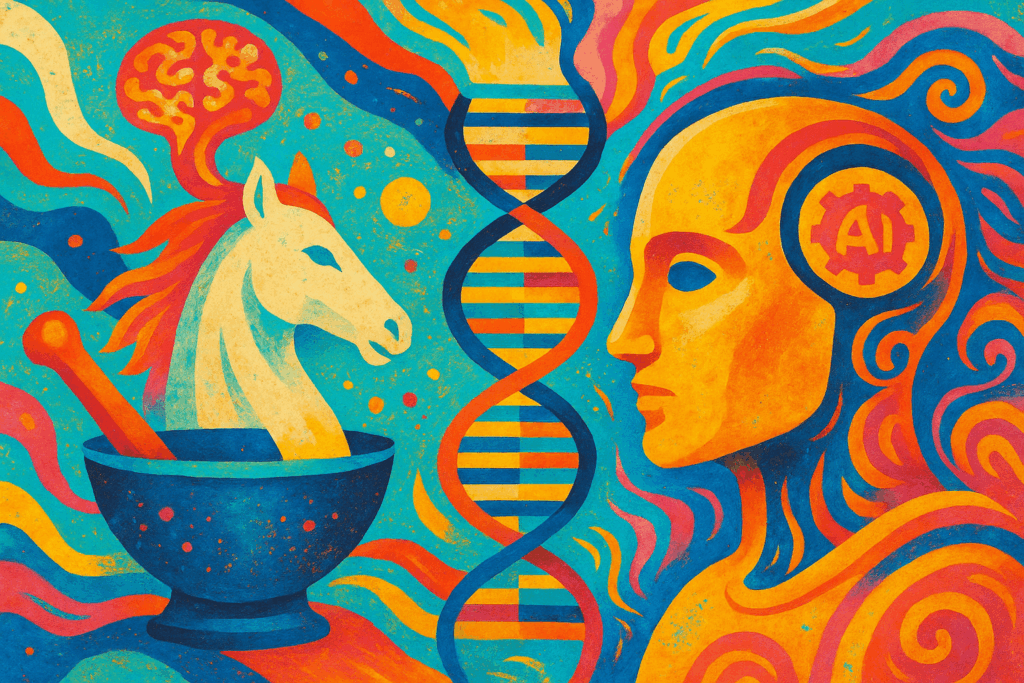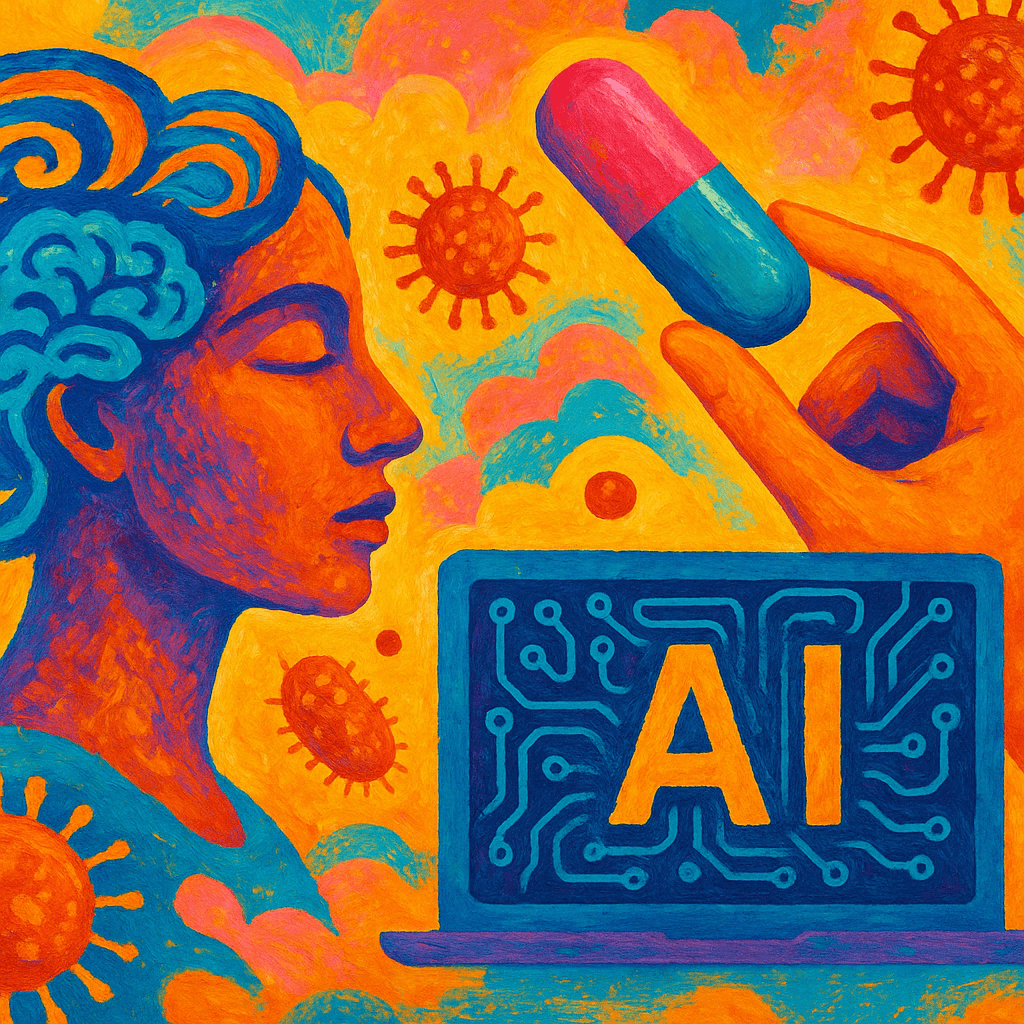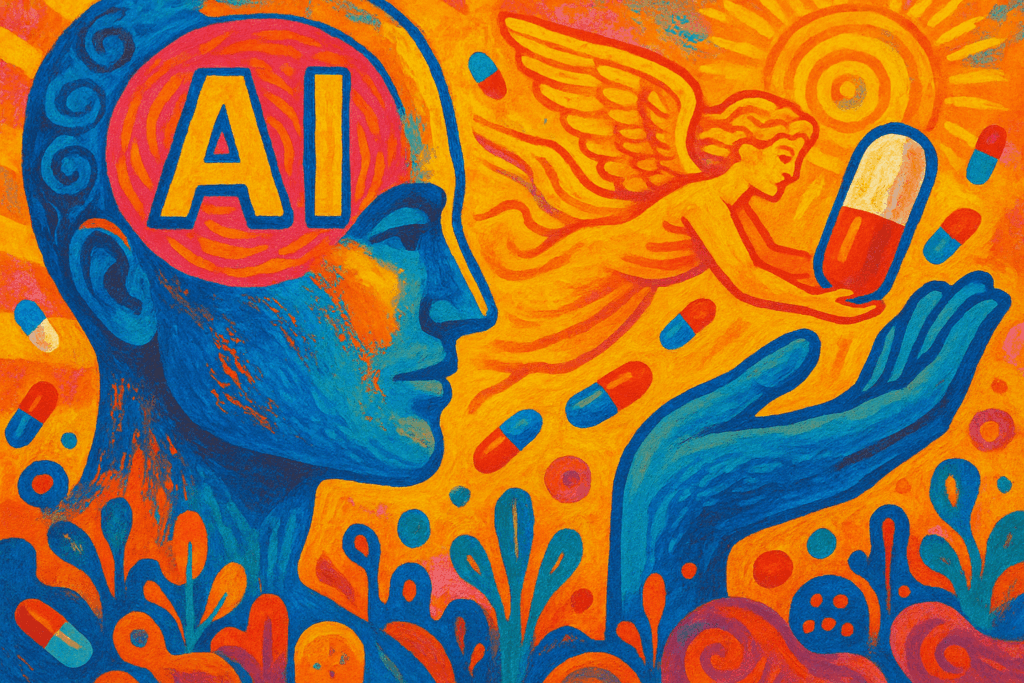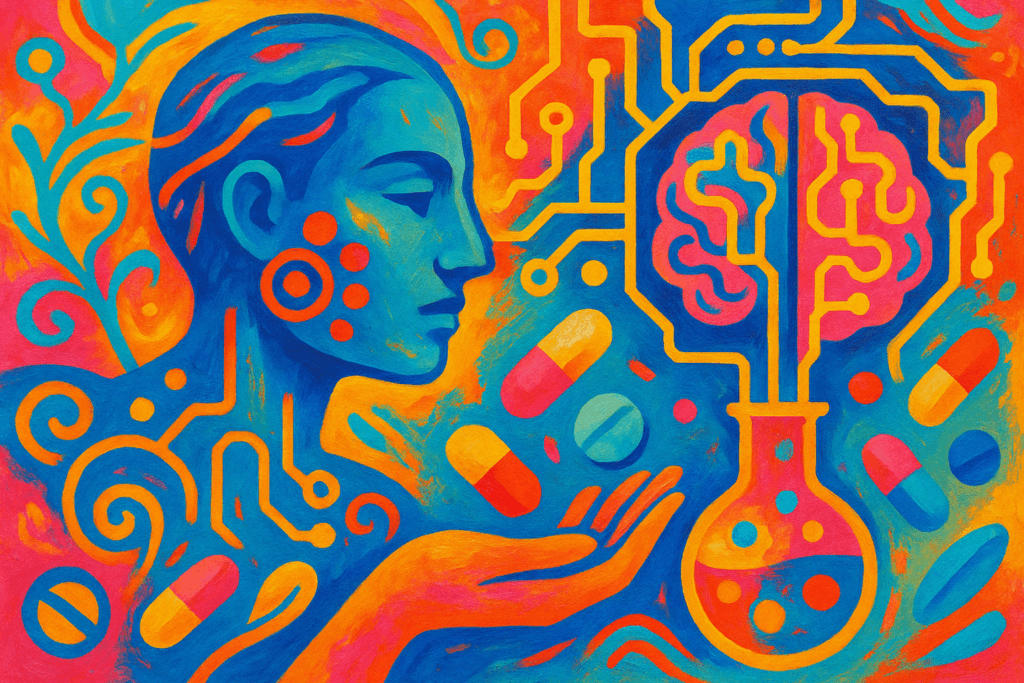The Transformative Power of AI in Drug R&D
Traditional drug discovery has often been hindered by lengthy timelines, excessive costs, and frequent failures. AI, integrated with multiomics data such as genomics and proteomics, now offers detailed simulations of human biology and disease processes. This enables researchers to identify therapeutic targets with greater precision, design compounds in silico, and predict safety and off-target effects more accurately. GATC Health’s MAT platform exemplifies this systems-based modeling approach, simulating the entire human body rather than isolated molecules. The immediate benefits include accelerated drug development, reduced expenses, and a higher chance of clinical success.
Beyond New Discoveries: Repurposing and Ethical Advances
AI’s ability to analyze vast datasets also supports repurposing existing or shelved drugs for new therapeutic uses. This capability is particularly valuable for rare and ultra-rare diseases, where limited patient populations have traditionally impeded drug development efforts. AI makes these projects more feasible by identifying promising candidates rapidly. Additionally, the predictive power of AI platforms is reducing reliance on animal testing, which faces ethical and scientific limitations. By focusing more on human biology data, drug development is becoming more ethical and potentially more predictive of human outcomes.
Shaping the Future of Medicine
The scalability of AI and multiomics platforms holds significant promise for addressing global health challenges. By streamlining development processes, these technologies can lower drug costs and increase access to innovative treatments. Collaboration between industry leaders, regulatory bodies, and technology innovators like GATC Health is fostering a fundamental transformation in healthcare economics and drug development strategies—delivering breakthroughs that better serve patients worldwide.




